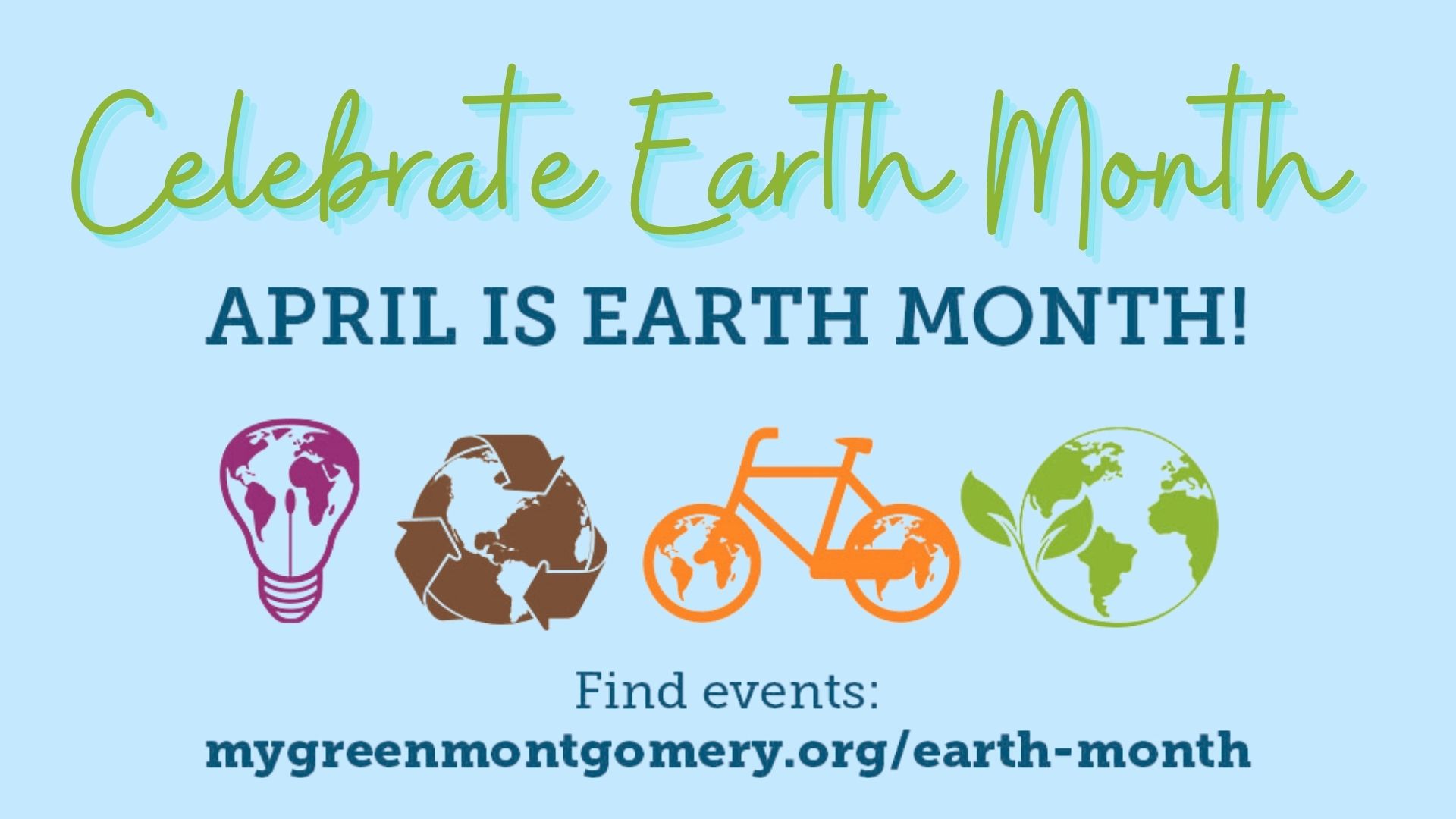We celebrate Earth Month in April, and Earth Day on April 22. This year’s theme is “Invest in Our Planet”. Each year one billion people in 193 countries take part in Earth Day and resolve to invest in and protect the environment and biodiversity of the Earth. With the help of the public and government, innovation in the private sector is bringing the change needed to support our planet.
In the decades after WWII Inefficient leaded-gas-guzzling automobiles and belching industrial smokestacks were a sign of prosperity. Rachel Carson was the first to sound an alarm with her bestselling 1962 environmental expose, Silent Spring. The book sold 500,000 copies and was read by members of congress and President John Kennedy, who created the President’s Science Advisory Committee.
In 1968, the US Public Health Service organized the Human Ecology Symposium. The event invited students to come and listen to scientists talking about the impact of the deteriorating environment on human health.
In 1969, a devastating oil spill off Santa Barbara, California, and the mesmerizing photos from the Apollo 11 moon mission combined to intensify interest in preserving the Earth’s environment.
US senator and environmental activists Gaylord Nelson demanded the creation of an environmental agency. A massive protest was organized in which students from thousands of universities, schools, and communities took part. The date was April 22, 1970, the first Earth Day. The US government formed the Environmental Protection Agency and passed the Clean Air Act in 1972.
In 1990, Earth Day went global with more than 140 countries participating in the event.
In 1995, Senator Nelson, the man behind the Earth Day movement, was awarded the Presidential Medal of Freedom.
The Covid 19 pandemic has had a somewhat mixed effect on the environment. Scientific studies have recorded significant improvements in air quality in different cities across the world, reductions in Green House Gas (GHG) emissions, water pollution, noise, and the pressure on the tourist destinations. All of these have temporarily assisted with the restoration of the ecological system. In addition, there are also some negative consequences of COVID-19, such as the increase of medical waste, haphazard use and disposal of disinfectants, masks, and gloves; and burden of untreated wastes endangering the environment. Perhaps, without the medical emergency, some of the behaviors of the pandemic like online meetings and less commuting can help us to help the Earth.
Billions of people worldwide use April, Earth Month, to learn about the Earth and perform small and large acts to save the environment. See what you can do at:
Daily Choices Archives – My Green Montgomery : My Green Montgomery

